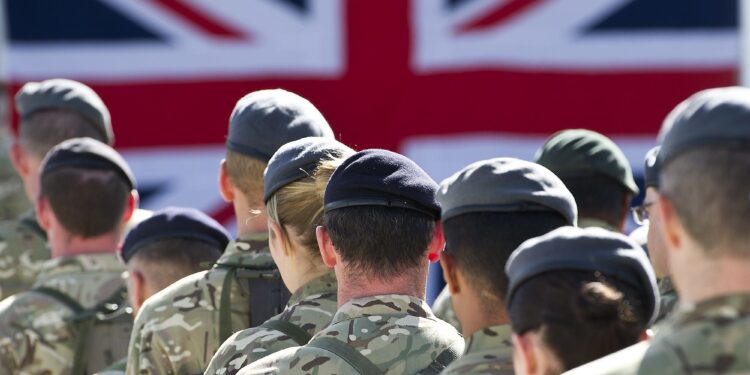As the United States edges closer to potential conflict with Iran, questions swirl about whether the United Kingdom would be drawn into a war, given its historic alliance and strategic commitments. The escalating Israel-Iran conflict, coupled with U.S. President Donald Trump’s aggressive rhetoric, has heightened fears of a broader Middle East war as of 19 June 2025, with implications for British involvement.
Tensions have surged since Israel’s strikes on Iranian nuclear facilities, prompting Iran’s Supreme Leader Ali Khamenei to warn of “irreparable consequences” for U.S. intervention. Trump’s call for Iran’s “unconditional surrender” and the deployment of additional U.S. fighter jets to the region signal a hardening stance. Israeli officials are urging the U.S. to deploy B-2 bombers, potentially from the UK-controlled Diego Garcia base, to target Iran’s Fordow nuclear site. Such a move could implicate the UK, as the base’s use for offensive operations would require British approval.
The UK’s position is complicated by legal and political constraints. Attorney General Richard Hermer’s unpublished legal advice reportedly questions the legality of Israel’s actions under international law, suggesting that supporting U.S. or Israeli strikes could violate UK obligations. If Hermer deems Israel’s campaign unlawful, the UK would be restricted from aiding offensive operations, though defensive support, as seen in October 2024 when RAF jets helped counter Iranian missiles, remains permissible. Prime Minister Keir Starmer, while deploying additional RAF jets to the region, has urged de-escalation, refusing to confirm direct involvement in defending Israel.
Public and parliamentary sentiment further limits UK engagement. Labour MPs, including Warinder Juss, have raised concerns about complicity in alleged war crimes, citing past UK intelligence-sharing with Israel during the Gaza conflict. Anti-war protests in London and polls showing 60% of Britons opposing military action in Iran reflect public wariness. Starmer’s COBRA meeting on 18 June to review war scenarios underscores the gravity, but analysts like Dr. Burcu Ozcelik warn that Houthi attacks on Red Sea shipping could force UK intervention to protect trade routes, as seen in 2023–2024.
The U.S.-UK “special relationship” and NATO commitments exert pressure, but Starmer’s government prioritises diplomacy. The UK, alongside France and Germany, will meet Iran’s foreign minister in Geneva on 20 June to seek de-escalation, with U.S. backing. However, posts on X suggest growing alarm, with some users claiming the UK’s military buildup signals inevitable involvement if the U.S. strikes Iran. These views remain speculative, as Starmer’s public stance avoids committing to offensive action.
A U.S.-led war could still drag the UK in indirectly. Shared intelligence networks and the Diego Garcia base tie the nations closely, and Iran’s threats to target UK assets if it supports Israel raise the stakes. Yet, with Russia and China backing Iran’s call for a UN Security Council meeting, and domestic pressures mounting, the UK is likely to resist direct combat roles unless maritime security or NATO obligations demand otherwise. For now, Britain treads a cautious path, balancing alliance loyalties with the risks of a costly, unpopular war.
newshub finance



Recent Comments